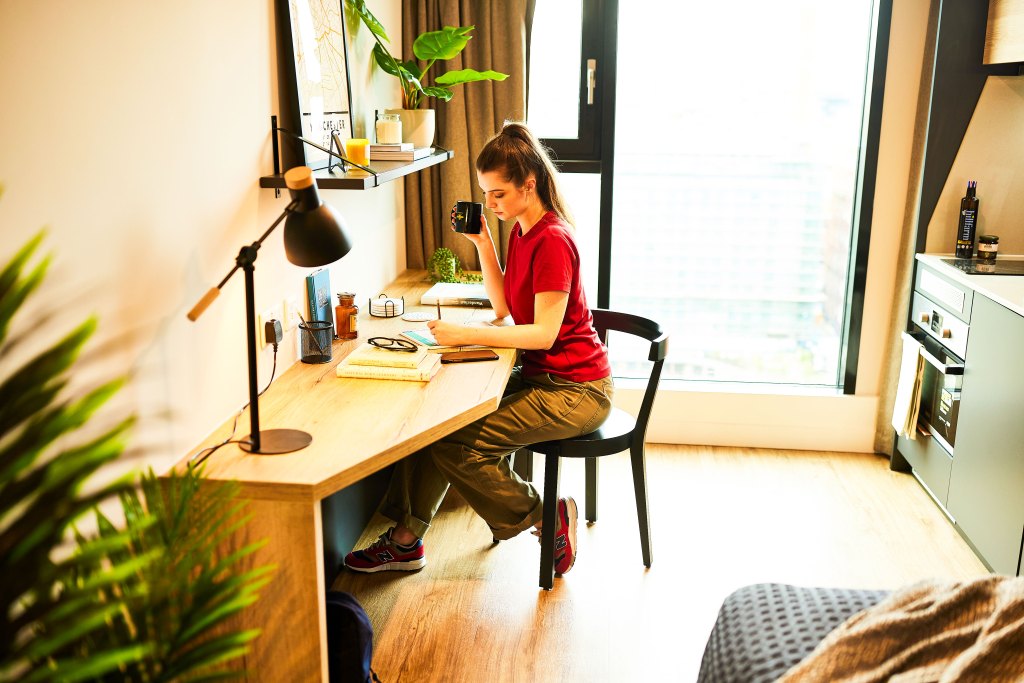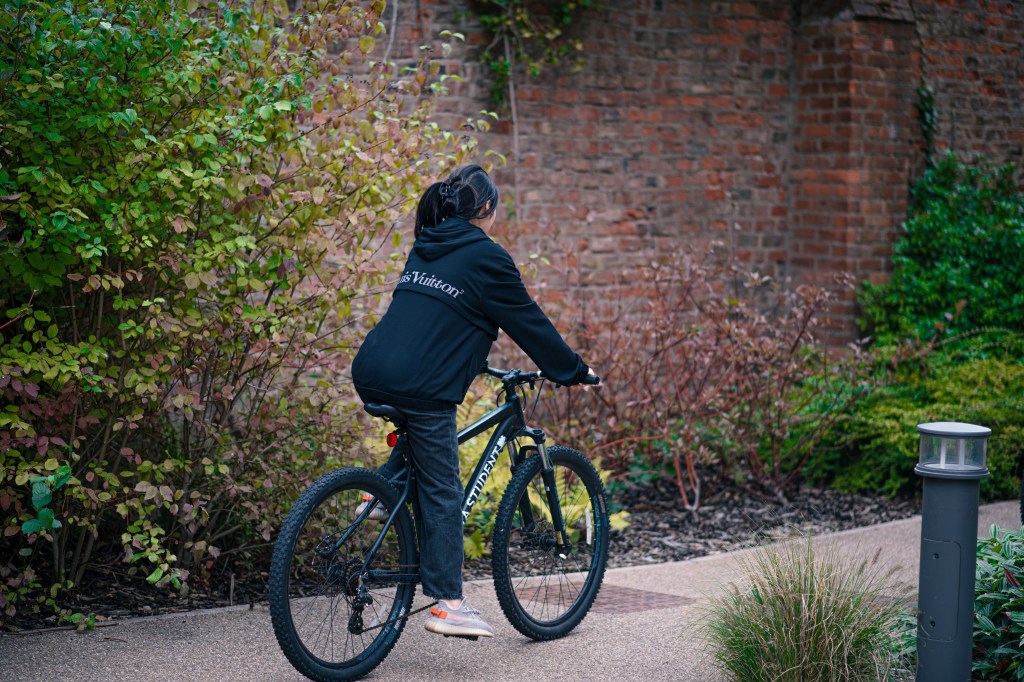There is a lot to enjoy about being a student; the freedom of not living with your parents, meeting new people and studying something you’re truly passionate about. But in practice, it can be more difficult than it seems. Especially when you have to knuckle down and get some work done.
When you’re faced with writing a long essay or dissertation the scale of the task can put you off starting it and procrastinating is far too easy.
In fact, you may have come across this article when you should be doing other work; searching for ‘time management tips for students’ is a great way of avoiding what you really need to be doing.

As a student, mastering the art of managing your time is crucial and will serve you well in the long run, not just while you’re studying.
If you’re in a rush and want to know how to use your time more effectively, here are our quick tips for any students struggling with time management:
1. Create a schedule or timetable
2. Work on one task at a time
3. Break up large tasks into smaller ones
4. Start with smaller tasks
5. Keep a to-do list with deadlines included
6. Start early
7. Get plenty of sleep
8. Remove distractions
9. Take regular breaks
10. Reward yourself
Read on to explore how our top 10 time management tips will help you stop procrastinating and start maximising your time. But before we do that, let’s take a look at why it’s important to manage your time effectively as a student…
What is the importance of time management skills for students?
With so much work to juggle being a student can be difficult – learning to effectively manage your time will reduce stress as you’ll feel more organised and confident that what you’re doing has a positive impact on your workload.
Here are just a few reasons why you should improve your time management skills:
● You’ll be more productive and waste less time
● You’ll be more organised
● You’ll feel more confident in the work you’re doing
● You’ll feel calmer and less stressed
You may also notice that the quality of your work improves too as you won’t be working right up to deadlines rushing to get things finished.

10 time management tips & strategies for STUDENTS
Now you know the importance of effectively prioritising your time and tasks, here are 10 tips to improve your time management skills…
1. Create a schedule or timetable
With so much work and so many responsibilities to juggle, it can be difficult to stay on track with everything you have to do. To make sure you stay on top of your work, lectures and shifts (if you have a job outside of studying), putting a timetable together will help you balance your studies along with everything else you have to do.
Not to be confused with a to-do list, a schedule lets you easily find time to complete the tasks you have on your to-do list.
2. Work on one task at a time
Focusing your attention on multiple tasks may feel like you’re getting a lot done, but you run the risk of spreading yourself too thinly. This could mean you’re not giving adequate attention to whatever you’re working on.
Instead, working on one task at a time enables you to work more efficiently and effectively. Another benefit of working in this way is that you do not leave any task unfinished, which can make it more difficult and time-consuming if you have to come back to it at a later date.
3. Break up large tasks into smaller ones
As we have previously mentioned, you’re more likely to procrastinate when faced with a big task. So, break big things up into smaller, more manageable jobs. If you’re writing a large essay, for example, you could split this into planning and then writing the various sections of the piece.
4. Start with smaller tasks
If you’ve found yourself with quite a long to-do list, start by working through easier tasks before working your way up to the bigger jobs.
Having a large list of things to do might be quite overwhelming, so completing smaller tasks helps you to achieve a sense of accomplishment and build some confidence.
5. Keep a to-do list with deadlines included
To accompany your schedule and timetable, an up-to-date to-do list featuring any relevant deadlines will help you to prioritise your workload.
Making a note of deadlines is crucial to avoid becoming overwhelmed and overworked trying to cram everything in.
When putting your to-do list together, consider colour-coding it to ensure it’s easier to spot work you need to prioritise.

6. Start early
Starting your day early and hitting the ground running with your to-do list can feel great. This also means you have more time and energy to spend on tasks, instead of leaving your work until the evening.
7. Get plenty of sleep
Speaking of energy, getting a good amount of sleep will benefit your time management skills too. If you wake up feeling fresh and energised after eight hours of sleep, you’re more likely to be productive than if you’re tired.
When putting your timetable/schedule together, make sure you leave yourself enough time to relax and go to bed at a reasonable time.
8. Remove any distractions
Checking social media, replying to messages and watching TV; it’s all very tempting when you should be working through an essay or revising, but it’s also poor time management.
When you should be studying, put your phone on ‘do not disturb’ mode and switch the TV off so you can concentrate on the work at hand. You can check your phone during breaks or reward yourself by relaxing in front of the TV when you’re done.
9. Take regular breaks
Forcing yourself to work for long periods is counterproductive, your levels of concentration will start to drop and you’ll be more likely to procrastinate.
For students to manage their time effectively, ensure you factor regular breaks into your schedule, e.g. have a 10-minute break for every hour of work you complete. These breaks can act as a good incentive if you’re working on something particularly tedious….

10. Reward yourself
Trying to find the motivation to complete a task can be difficult, but if you incentivise it, it’ll feel much better once you’re done. Rewarding yourself, whether that’s with a meal or by relaxing, can help you manage your time as you will work more efficiently to get your reward more quickly.
Here at Vita Student, we understand the importance of having space to revise and catch up on coursework, which is why our locations offer private study rooms. The rooms feature writable walls and quiet areas so you can smash the study sessions without distraction.
For more advice, including tips on what to do if your university has a student accommodation shortage and how to prepare to move into Vita Student accommodation, take a look at the Vita Student blog.
Now you know how to improve your time management skills while at university, it’s time to put everything into practice and get organised.



